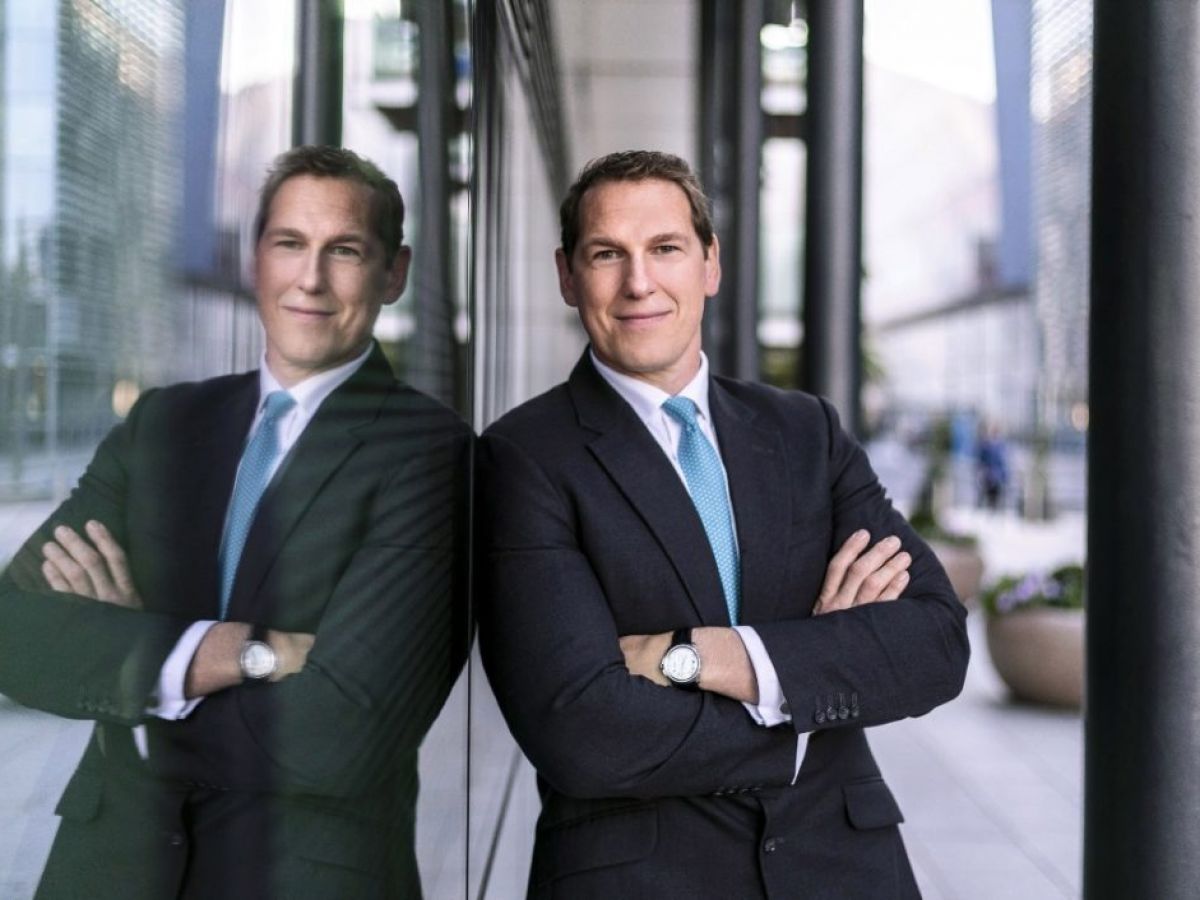The game has been your passion. It has also been your profession. It has largely defined who you are, or at least how people perceive who you are. And you are good at it too. Good enough to turn professional, good enough to play at the highest level. And to play at that level, you have committed fully, making sacrifices that few others could really understand. But just what happens when the game stops? In your early thirties, are you ready to start at the beginning once again? ***** Bob Casey knows how it feels. A towering rugby player at…
Cancel at any time. Are you already a member? Log in here.
Want to read the full story?
Unlock this article – and everything else on The Currency – with an annual membership and receive a free Samsonite Upscape suitcase, retailing at €235, delivered to your door.

